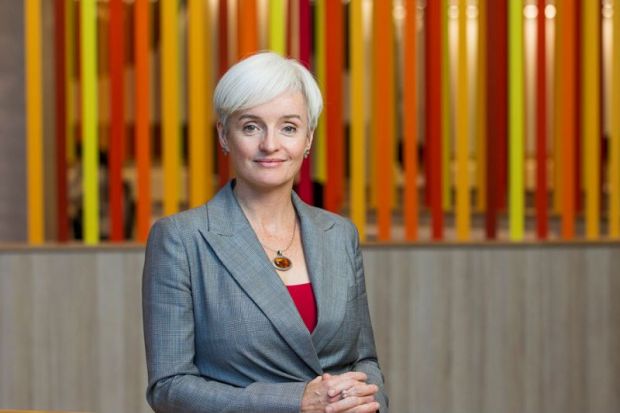A proposed national interest test for Australian research grants has caused a logjam that is “a threat to our national interest”, according to the group representing the country’s scientists and technologists.
Science and Technology Australia said delays in the awarding of next year’s Australian Research Council grants risked triggering an exodus of scientific talent. “Researchers are in limbo and unable to work towards the prosperity of the nation,” said STA president Emma Johnston.
“For some, this insecurity and uncertainty is proving to be the last straw.”
Grants under the ARC’s Discovery Projects and Discovery Early Career Researcher Award schemes are usually awarded in late October or early November, following an exhaustive application process. Typically, researchers apply by March and respond to peer review panel feedback in June, in the hope of being among the 15 per cent or so of successful applicants.
This year, however, the successful grants are still to be announced. Academics believe the delay has been caused by the proposed introduction of a “national interest test” that the government flagged following revelations that former education minister Simon Birmingham had last year vetoed 11 humanities research grants.
It is not clear why the test should have held up this year’s announcements, given that current education minister Dan Tehan said it would apply to future grant rounds that were “yet to open”.
However, a spokeswoman for the minister would not rule out the test’s application to the current grant round. Mr Tehan’s office has also not responded to shadow science minister Kim Carr’s demand that the government set a date for announcing next year’s grants.
Professor Johnston, dean of science at the University of New South Wales, said that the ARC had submitted its recommendations “some time ago” and was awaiting ministerial approvals. She said the delays meant that researchers would be unable to prepare for their projects and may need to begin work on writing subsequent grant applications – a waste of time if they proved successful this year.
“We can only look on in confusion as the political process obstructs our progress,” she said.
Register to continue
Why register?
- Registration is free and only takes a moment
- Once registered, you can read 3 articles a month
- Sign up for our newsletter
Subscribe
Or subscribe for unlimited access to:
- Unlimited access to news, views, insights & reviews
- Digital editions
- Digital access to THE’s university and college rankings analysis
Already registered or a current subscriber? Login








